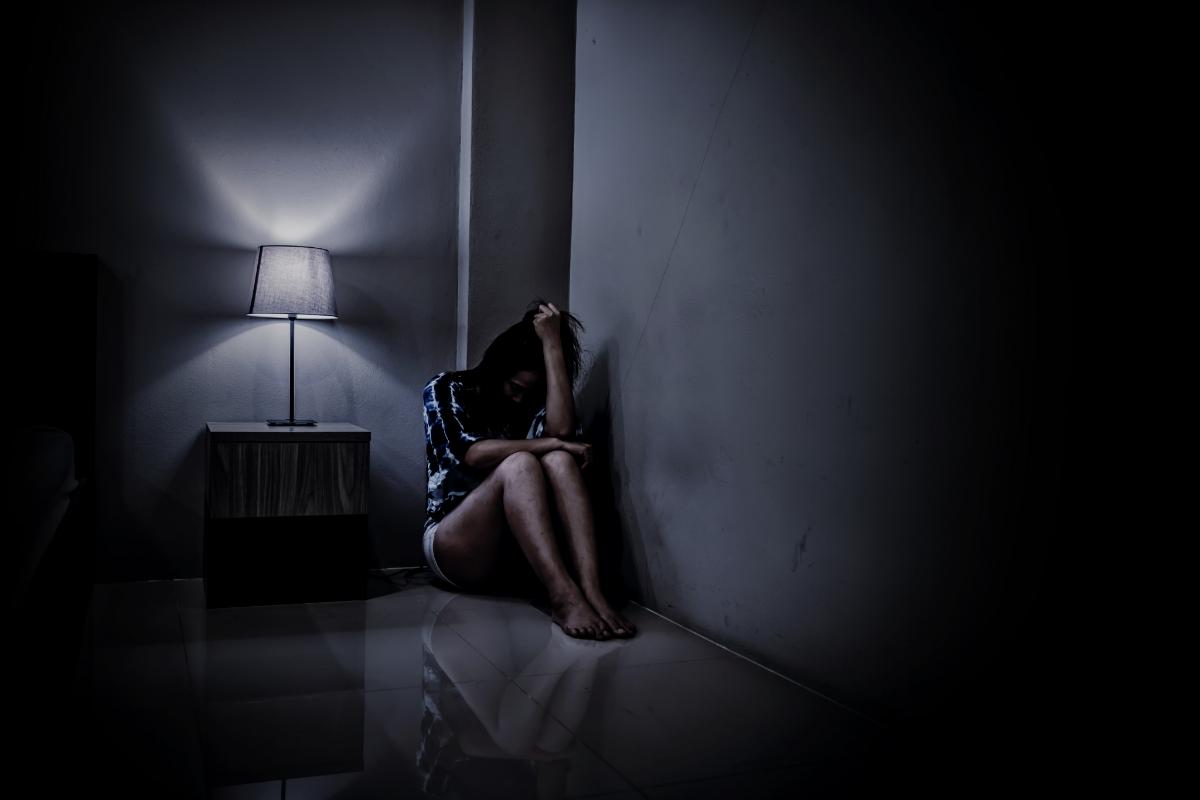Heroin is a highly addictive substance that can alter a person’s physiology and personality. It may cause severe symptoms and potentially life-threatening complications, making detox and rehab necessary for recovery. Fortunately, knowing the signs of heroin abuse can help you or a loved one find treatment and achieve sobriety.
If you’re looking for heroin treatment in Florida, contact Gulf Breeze Recovery. We can help you detox from opioids and acquire the necessary tools to transform your life after completing rehab. Call 833.551.2304 to speak to one of our team members today.
What Are Common Heroin Abuse Signs?
When a person uses heroin, they often experience intense euphoria. Body processes unilaterally slow down, reducing respiration, heart rate, and blood pressure and pausing digestion, creating a full-body sense of warmth and relaxation.
However, dependency can form quickly, even after a single use. What is heroin abuse? It occurs when the amount of heroin required to achieve the initial high increases, causing people to use higher amounts of the drug more often. Individuals may resort to illicit or risky behaviors such as combining heroin with other drugs or alcohol to achieve a similar high.
Heroin abuse signs may include the rapid presentation of withdrawal symptoms once a person reduces or stops using the drug. These symptoms may include:
- General unexplained malaise
- Fatigue
- Disorientation
- Delirium, even paranoia
- Body aches and pains
- Digestive distress such as nausea, changes in appetite, diarrhea, or constipation
- Mood changes, including anxiety, restlessness, or irritability
- Insomnia
- Restlessness and other erratic behaviors
- Intense physical cravings
- Resorting to high-risk or illegal behaviors to obtain heroin or other drugs
Although some individuals may have track marks on their forearms when taking heroin intravenously, the social stigma surrounding this symptom has increased the likelihood of alternating injection sites between the fingers or toes. Others may sniff, snort, or smoke heroin.
How Can a Heroin Rehab Program Help?
Most opioid users must first undergo a physical detox. During this time, uncomfortable withdrawal symptoms such as rapid heartbeat, panic, insomnia, digestive distress, body aches, and muscle spasms will likely occur. These symptoms can be made easier by completing detox in a dedicated medical facility where clients can receive pharmaceutical support and spa treatments to increase comfort. This phase generally lasts five to ten days, though it may vary based on the client’s usage history, frequency, and nature.
After physical detox, clients must examine the underlying causes of heroin use and acquire tools to address why they developed a substance use disorder. Each individual will require a different, tailored protocol to support their recovery, which may include any combination of the following:
- Cognitive-behavioral therapy (CBT)
- Group therapy
- Neurofeedback
- Nutritional counseling
- Mindfulness coaching
- Diverse support therapies, including art therapy, yoga, and other ways to encourage the mind-body connection
Rehab is hard work, so it can help to receive these treatments at a private facility, where clients can receive adequate rest and focus on their recovery. As it may take months to detox from heroin abuse fully, structured outpatient programs can allow individuals to receive ongoing counseling and medical support while returning to their day jobs and other responsibilities. The ultimate goal is to acquire healthier coping strategies to successfully circumvent triggers and avoid relapse while successfully phasing back into regular life.
Start the Heroin Rehab Program at Gulf Breeze Recovery Today
Heroin detox and rehabilitation are very challenging, but help is available no longer how long you have struggled with a substance use disorder. Speak to one of our Gulf Breeze Recovery team members today at 833.551.2304 or through our online portal. We can provide more information about enrollment and help you take the first steps toward permanent sobriety.







